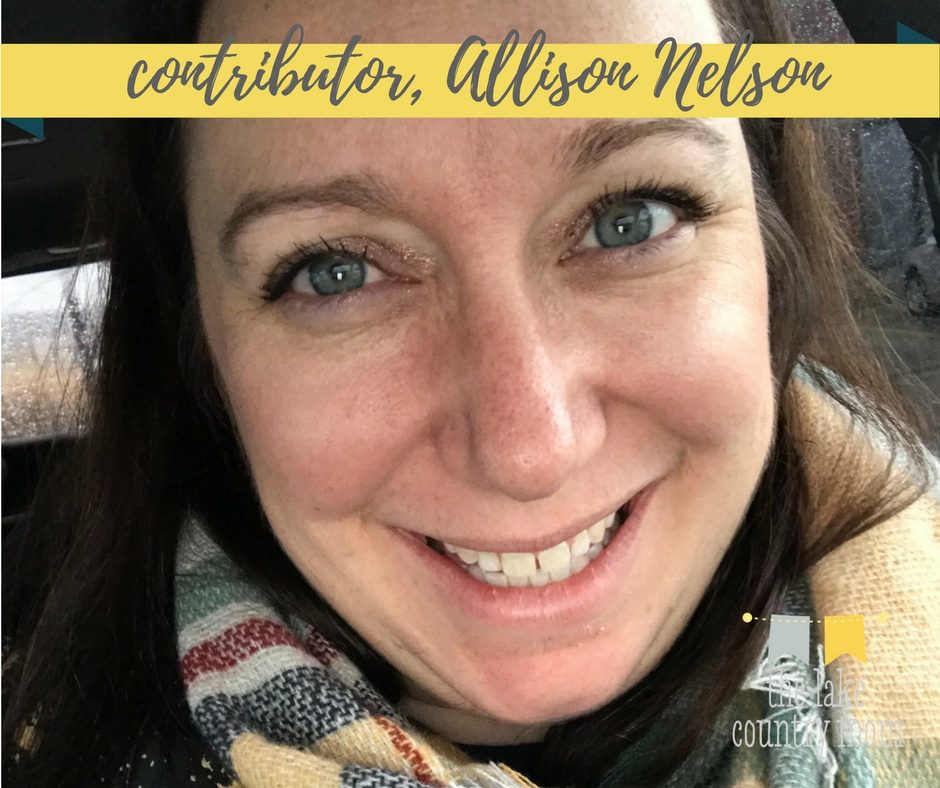Know the lingo before meeting with your doctor.
Moreland OB/Gyn and Vios Fertility Institute recently hosted “Before the Bump”, an awesome event that detailed different topics to consider when attempting to get pregnant, including infertility workup and treatment. Because an infertility workup is not something that everyone is going to require, the different parts of the workup are often unfamiliar to many women. Testing of various hormones, including thyroid hormone, as well as a semen analysis for the male partner are common first steps. As the workup continues however, there are often recommended tests that patients have never heard of before. Having a working knowledge of these tests prior to an appointment can definitely help a patient and her partner get the most out of their consult. I sat down with Dr. Ellen Hayes, from Vios Fertility Institute, to discuss infertility testing, focusing on the tests that patients are often times less familiar with.

Dr. Nelson: Most infertility workups will start with lab tests. While most women have heard of thyroid stimulating hormone, follicle stimulating hormone and prolactin, a lot of patients have never heard of Anti-Mullerian Hormone, or AMH. How do you describe or explain this particular test to your patients?
Dr. Hayes: An AMH, or anti-Mullerian hormone level is a hormone produced by cells that surround the resting eggs in the ovaries. AMH can be measured with a simple blood test on any day of a woman’s menstrual cycle and can give your doctor information about your egg supply, or “ovarian reserve.” A normal AMH level can be reassuring that a good number of eggs remain in the ovaries. If the AMH level is low or high, your doctor can explain how that may impact your ability to get pregnant naturally and recommend treatment options to help.
Dr. Nelson: There are obviously a number of reasons that patients struggle to conceive. I speak with my patients about checking off boxes when we discuss infertility workup: eggs/ovulation, male factor/sperm, fallopian tubes, uterus. Determining fallopian tube patency (or the tubes being open) is a critical step in the infertility workup and I’m always surprised by how few women have heard of a hysterosalpingogram, a test that gives us a lot of useful information and can be done by most gynecologists.
Dr. Hayes: A hysterosalpingogram (HSG), also referred to as “the dye test” is a procedure performed in the x-ray department that gives your doctor valuable information about your fallopian tubes and uterus. For this test, a speculum is placed into the vagina allowing a thin, flexible catheter to be placed through the cervix. A small amount of contrast dye (liquid that looks white on x-ray images) is injected through the catheter to fill the uterine cavity and the fallopian tubes. If the dye spills out from the ends of the tubes this means that they are open. If it does not, it can diagnose tubal blockage. The dye that fills the uterus can also detect abnormalities of the inner cavity of the uterus such as polyps, fibroids, scarring, or shape abnormalities of the uterus that might require an outpatient surgery to treat. While this test is being performed, which is typically less than 5 minutes, you may feel moderate cramping like menstrual cramps so in order to minimize discomfort it is recommended that you take some ibuprofen an hour before the test.
Dr. Nelson: Of course when women think of their gynecologist, they usually think ‘ultrasound’ over x-rays. We also have an ultrasound test we use in the workup of infertility, a sonohysterogram. How do you describe this particular test to your patients?

Dr Hayes: A saline sonohysterogram or “sonohyst” is a procedure performed in the doctor’s office using ultrasound to evaluate the uterus. This test gives your doctor a very good image of the uterine cavity where implantation of a pregnancy should occur. First, a speculum is placed into the vagina and a thin catheter is passed through the cervix. A vaginal ultrasound is then placed allowing your doctor to evaluate the uterus as it fills with a small amount of saline (salt water). This test is done to look for uterine polyps, fibroids, scarring, and uterine shape abnormalities using 3D ultrasound imaging. The ultrasound also allows your doctor to check the ovaries and fallopian tubes providing a great deal of information about the reproductive organs. Even though this test usually only takes a few minutes to complete, we recommend that you take a dose of ibuprofen about an hour before having this test performed to minimize any discomfort.
If you or someone you know has been struggling to conceive, there is a lot of help out there. I would encourage you to reach out to your gynecologist or an infertility specialist. Even an initial consult can give patients back a lot of optimism and hope for success.
Need a gynecologist who can speak in depth about infertility, it’s workup and treatment? Come see me or one of my colleagues at Moreland Ob/Gyn for an appointment. Have you already seen a specialist but have questions regarding the workup or treatment plan? Consider a second opinion with Dr. Hayes at Vios Fertility Institute. No matter what you do, know that there are options out there and physicians who are waiting to help you find them.
Until next time, be well!

Allison Nelson
I’m a lifelong Wisconsinite and I’m so excited to be joining The Lake Country Mom!! I live in Delafield with my husband and my two kids. We are currently smack dab in the toddler years in my house, which means I have just started exploring family friendly activities, events and restaurants. I’m honored to be joining a team that helps bring these experiences to Lake Country families!! When I’m not wrangling my two little ones, I work as an OB/Gyn for Moreland OB/Gyn in Waukesha and Hartland. I love serving women in the community I live in. I started and run a Facebook group called Moreland Moms (feel free to join us!). It is an interactive group of 650+ local moms, helping and supporting each other through life’s greatest (and at times, most stressful) journey. In my free time, I love exploring local shops and restaurants. I love a good cup of coffee, a well arranged cheeseboard, a glass of red or a local microbrew. I’m looking forward to sharing my experiences in Lake Country with everyone! // Follow along on Instagram // Follow the Moreland OBGYN website + blog

Leave a Reply